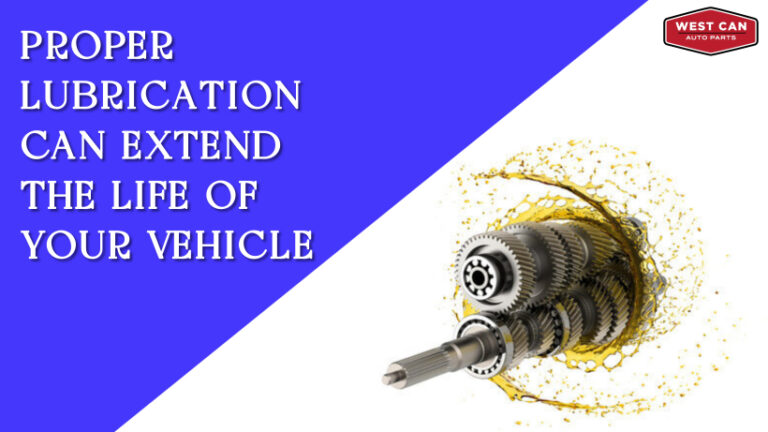Oil Change: Which is Better-Conventional or Synthetic Oil?
One of the most often posed inquiries with regards to an oil change administration is whether customary or engineered oil is the better decision. There are a ton of factors to consider while deciding on of a precise response to this inquiry. It won’t be any different for each vehicle.
We should separate what you really want to be aware to assist with pursuing the choice in regards to traditional oil versus manufactured oil.
The Difference Between Conventional and Synthetic Oil
They might appear to be identical by all accounts, yet the greatest contrast between ordinary oil and engineered oil is by the way they are made. Ordinary oil, here and there alluded to as standard oil, is a normally obtained, unrefined mineral oil that is somewhat refined to work on its thickness and defensive properties.
Conversely, engineered oil is completely made in a lab or production line utilizing a profoundly controlled process that sticks to rigid guidelines. The oil is profoundly refined to leave hands down the best components of oil and extra added substances. This implies that the oil will give the most significant level of execution and motor insurance.
The assembling processes for these oils fundamentally affect how long they last and the degree of execution they offer your motor. (See more on this underneath.)
With regards to the oil change administration itself for traditional versus engineered oil, they will generally be something very similar. The main contrast will be the particular kind of new oil that is placed into the vehicle, after the old oil has been emptied out, and the new oil channel introduced.
How Often is an Oil Change Needed with Each Type?
One more huge contrast between the two kinds of oil is the manner by which rapidly they separate and become excessively filthy to ideally perform. Since regular oil isn’t generally so refined as manufactured oil, it separates all the more rapidly. Along these lines, assuming that your motor is running regular oil, it is prescribed to have an oil change done each 3,000 to 5,000 miles, contingent upon driving propensities and brand of oil.
Engineered oil for the most part holds up significantly longer than traditional oil. Therefore, oil changes won’t should be finished as much of the time. In the case of utilizing engineered oil, it is typically prescribed to have an oil change administration done each 6,000 to 12,000 miles, contingent upon the brand.
Your smartest option is to constantly follow the maker’s upkeep suggestions for your vehicle, which you’ll view as in your proprietor’s manual. This will give you the best oil change timetable to follow and assist with expanding the existence of your motor, guarantee it is in every case appropriately safeguarded, and keep away from costly motor fixes not too far off.
The Benefits of Synthetic Oil
Other than enduring longer than traditional oil, manufactured oil has a few other extraordinary advantages for motors, including:
Performing at a wide temperature range – Due to the higher thickness levels (meaning a superior stream), manufactured oils begin performing ideally right from startup, even in frosty climate.
Enduring more sweltering motor temperatures – Synthetic oils have better substance strength so they can all the more effectively endure more sizzling temperatures. This diminishes consume off and guarantees that the motor stays appropriately safeguarded. This is valid even in motors that typically run hot, similar to those with turbochargers.
Keeping the motor cleaner – Since engineered oils contain less debasements, they oppose slop and store development better than ordinary oil, keeping motors a lot of more clean.
Expanding the life and execution of your motor – Another benefit of containing less pollutions than customary oils is that your motor will have better insurance against overabundance wear and a smoother in general activity.
Instructions to Determine Which Type of Oil Is Better for Your Vehicle
Obviously, there are a few extraordinary advantages to involving manufactured oil in a motor. As a rule, it will give extra insurance and execution to the motor. In any case, that doesn’t imply that selecting a manufactured oil change is generally the smartest thought. Beside a manufactured oil change being more costly, there are a few cases where ordinary oil might be the better decision.
There are a few interesting points with regards to figuring out which sort of oil is better for your vehicle. These include:
The Age of Your Engine
Indeed, even with critical progressions in oil innovation, it is as yet not prescribed to run manufactured oil in motors that have arrived at 75,000 miles or more on the odometer.
High-mileage motors are altogether more powerless to wear on the moving parts and internal cog wheels. Despite the fact that manufactured oil by and large offers better motor insurance over the long run, its high-stream thickness can stream excessively fast through more established motors, meaning a more noteworthy possibility crushing cog wheels.
To this end most vehicle producers and mechanics suggest involving customary oil in more established, high-mileage motors. Customary oil, with a more slow stream, gives better grease and insurance to more seasoned motors. This can mean the distinction between your motor going on for a long time to come and it seizing up a whole lot sooner than anticipated.
The Type of Oil That Was in It Originally
A few producers put engineered oil in the entirety of their new vehicles, however not all vehicles will have it. In this way, except if your vehicle accompanied manufactured oil off the line and the producer suggests staying with manufactured oil pushing ahead, regular oil might give adequate security to your motor.
Assuming you are attempting to choose the two kinds of oil with regards to your next oil change, check what the maker suggests (which would have been what they put in initially). Assuming engineered oil is suggested by the maker for greatest motor execution, that is the very thing you ought to adhere to. In any case, on the off chance that your vehicle wasn’t initially running manufactured oil, you might need to switch for the additional assurance and execution.
Driving Conditions
Superior execution and outrageous driving circumstances call for most extreme motor assurance. Thus, if you drive a superior exhibition vehicle, frequently drive significant distances, tow weighty loads, or make a ton of little excursions, manufactured oil will most likely be the better require your vehicle. In these sorts of driving circumstances, manufactured oil will give your motor the legitimate measure of grease, heat retention, and assurance that it needs.
Additionally, the neighborhood atmospheric conditions ought to be considered. Regular oil will separate a lot quicker in warm climate, similar to we once in a while experience here in Texas. In this manner, manufactured oil might be a decent call to help adequately safeguard your motor, particularly during the warm mid year months. (Indeed, you can switch this way and that between the two kinds of oil.)
Trust Driver’s Edge for All of Your Oil Change Needs
In numerous vehicles, manufactured oil will be the better decision for expanding the existence of the motor. Yet, the most dependable solution for which oil change will be better comes down to what the producer’s suggestion is for your vehicle and your driving propensities.
Searching for oil change specials? Plan your arrangement online today! Visit www.westcanauto.com for details








